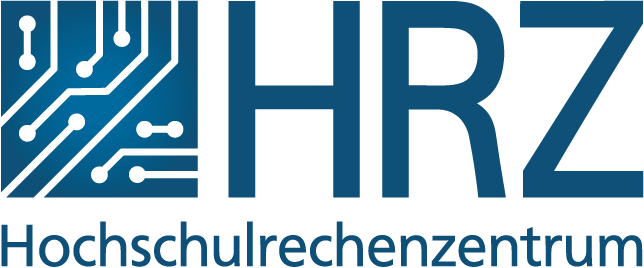Change of provider for certificate issuance
Please note that since 10.01.2025, a new certificate provider called HARICA has replaced the previous provider Sectigo. We are currently updating the documentation and instructions on this site. Not all new processes have been finalised yet. We ask for your understanding that the update may therefore be somewhat delayed.
To request function certificates you first need to create an account via “Sign Up”. Please enter the email address for which you wish to request the certificate under “Email address” during the process.
After logging in with this account, function certificates can be requested under “Certificate Requests” → “Email”. Please select the type “Email-only” for your certificate.
Background information
Client certificates can also be requested for function addresses in the same way as user certificates.
This is useful, for example, if signed emails are to be sent from an email address such as leitung@einrichtung.tu-darmstadt.de.
The following explains the conditions under which this is possible and how the application process works.

